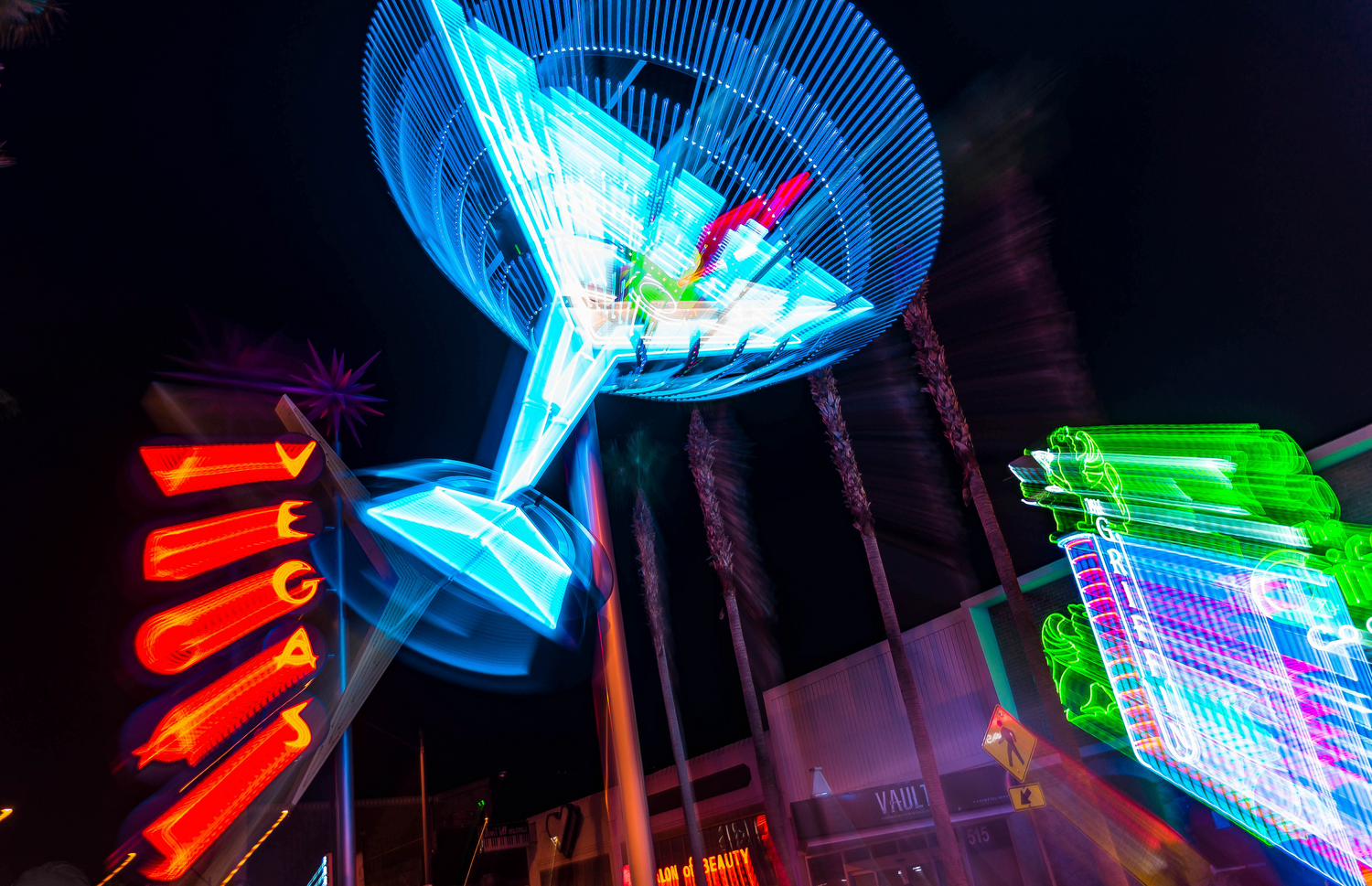Addiction
You always have the power to choose. It's just a series of choices that lead to freedom and sobriety. Addiction can manifest in various forms, including substance addiction (e.g., drugs, alcohol), behavioral addiction (e.g., gambling, internet gaming), and even addiction to certain behaviors or substances like food or shopping. Here's an overview of different types of addictions and best practices to stop:
1. Substance Addiction:
Substance addiction involves dependence on drugs or alcohol, leading to compulsive drug-seeking behavior despite harmful consequences. Best practices to stop substance addiction include:
- Seeking Professional Help: Consult with a healthcare provider, addiction counselor, or therapist specializing in substance abuse treatment.
- Detoxification and Rehabilitation Programs: Consider enrolling in a detoxification program followed by residential or outpatient rehabilitation to address physical dependence and learn coping strategies.
- Support Groups: Attend support groups such as Alcoholics Anonymous (AA) or Narcotics Anonymous (NA) for peer support, accountability, and guidance from individuals with shared experiences.
- Cognitive-Behavioral Therapy (CBT): Participate in CBT or other evidence-based therapies to identify and modify unhealthy thought patterns and behaviors associated with addiction.
2. Behavioral Addiction:
Behavioral addiction involves compulsive engagement in activities such as gambling, gaming, internet use, or shopping, despite negative consequences. Best practices to stop behavioral addiction include:
- Setting Boundaries: Establish clear boundaries around addictive behaviors and limit exposure to triggers or cues that may promote relapse.
- Seeking Therapy: Work with a therapist or counselor trained in behavioral addiction treatment to explore underlying psychological factors and develop coping strategies.
- Practicing Mindfulness: Incorporate mindfulness techniques such as meditation, deep breathing exercises, and mindfulness-based stress reduction (MBSR) to increase awareness and regulate impulses.
- Engaging in Alternative Activities: Replace addictive behaviors with healthier alternatives such as exercise, hobbies, socializing, or creative pursuits to occupy time and reduce cravings.
3. Process Addiction:
Process addiction refers to compulsive engagement in activities such as eating, shopping, or sex that activate the brain's reward system. Best practices to stop process addiction include:
- Understanding Triggers: Identify triggers or cues that contribute to addictive behavior and develop strategies to avoid or cope with them effectively.
- Building Support Networks: Seek support from friends, family members, or support groups to provide encouragement, accountability, and practical assistance in managing addictive behaviors.
- Developing Coping Skills: Learn and practice healthy coping skills such as stress management, problem-solving, and emotional regulation to address underlying issues contributing to addiction.
- Creating Structure and Routine: Establish a structured daily routine and set achievable goals to promote stability, reduce impulsivity, and enhance self-discipline.
Strong social and emotional health can be a catalyst to beating addiction.
Overcoming addiction requires a multifaceted approach tailored to the specific type of addiction and individual needs. By seeking professional help, engaging in therapy, building support networks, and implementing healthy coping strategies, individuals can break free from the grip of addiction and regain control over their lives. It's essential to be patient, persistent, and compassionate with oneself throughout the recovery journey, as overcoming addiction is a challenging but achievable goal with the right support, proper rest, and resources.
How does addiction work?
Dependence is a constant sickness that influences the cerebrum by modifying how it sees prize, inspiration, and memory, as indicated by the American Culture of Enslavement Medication. Enslavement can be attached to substances (counting liquor, medications, and nicotine) or ways of behaving (like betting or eating).
Both alcoholism and drug addiction involve continuing to use drugs even though one is aware of the risks. Not every person who utilizations medications and liquor becomes dependent, however frequently, once is everything necessary. A person is more likely to develop a substance use disorder if they have a greater number of risk factors, such as poor mental health or a family history of addiction.
Addiction is not a choice, a problem with one's behavior, or a moral flaw. Although they may have made the initial decision to use, individuals with substance use disorders do not choose to become addicted. Alcohol and drugs take control of the mind and body by tricking the brain into thinking it needs them to function.
Habit, Substance Misuse, and Reliance: What's the Distinction?
Many utilize the expressions "substance misuse," "enslavement," and "reliance" reciprocally, however these terms don't have a similar importance. Substance misuse is the tireless utilization of medications or liquor in spite of the expected social, monetary, lawful, or wellbeing outcomes. Addiction is not the same as substance abuse because substance abuse is a choice.
Reliance ordinarily alludes to an actual requirement for a substance. At the point when an individual is subject to medications or liquor, they foster a resistance to their substance of decision, requiring more noteworthy amounts to accomplish their unique high. They will most likely experience uncomfortable or painful withdrawal symptoms when they abruptly stop using. Addiction and physical dependence are not the same thing. Compulsion ordinarily alludes to a physical and mental reliance on a substance.
Perceiving Indications of Fixation
With such a scarce difference between substance abuse and dependence, the indications of compulsion can be hard to recognize. Moreover, because they may differ from person to person. Some typical warning signs are:
Continuous drinking or medication use
Extreme desires
Expanded resilience
Disengagement
Withdrawal side effects
Changes in character or appearance
Loss of interest in exercises recently appreciated
Sensations of culpability or disgrace
Worry from loved ones
Monetary or legitimate difficulties
What Are the Most Regularly Abused Medications?
Liquor addiction and chronic drug use represent a serious general wellbeing danger in America. According to the 2017 National Survey on Drug Use and Health, approximately 19.7 million adults in the United States struggled with a substance use disorder. Of the individuals who revealed a previous year substance use jumble, over 14.5 million battled with liquor use issues, while 7.5 million individuals experienced illegal illicit drug use.
Here are probably the most usually abused drugs in the country, alongside the quantity of Americans matured 12 and over who were dependent on them in 2017, as per the NSDUH report:
Mind-altering marijuana is a naturally occurring substance. In light of its legitimate status in certain states, maryjane is here and there remembered to be innocuous, yet represents a few dangers, including compulsion. Maryjane use jumble is the most widely recognized sort of illicit drug use in the country.
Solution pain relievers, or remedy narcotics, are a class of prescriptions that are utilized to assist with torment the board, normally after a medical procedure. Models incorporate hydrocodone, oxycodone, and morphine. Since these meds are for the most part recommended by a specialist, many underrate their risks.
Once the drug's initial effects wear off, cocaine users will experience intense cravings because it is a highly addictive stimulant.
Meth, also known as meth, is a potent stimulant that induces feelings of vigor and alertness in users. Like cocaine, it is profoundly habit-forming.
Benzodiazepines and muscle relaxants are examples of prescription tranquilizers. Anti-anxiety medications known as benzodiazepines (or benzos) are frequently sold under the brand names Xanax, Ativan, and Klonopin. Benzodiazepine enslavement can be particularly hard to defeat since one of the side effects of withdrawal is uneasiness, which might have made clients go to the medication in any case.
Heroin is a very habit-forming narcotic that actuates elation in clients. Heroin gluts are too normal since it is challenging to anticipate the power of the medication starting with one clump then onto the next.
Terms to Stay away from
The experience of compulsion can feel terrifying and disengaging in itself. Pessimistic generalizations about dependent individuals might demolish their feeling of disgrace, dread, and culpability. While discussions about dependence ought to tell the truth and sincere, it's essential to abstain from utilizing critical language while depicting those with substance use problems.
Recollect the well known saying, "Sticks and stones can break my bones, yet names won't ever harmed me"? Although the statement is meant to be energizing, words do matter. Sensitive language fosters stigma, which prevents many from seeking the necessary and appropriate treatment. Avoid the following harmful terms:
The term "addict" can be interpreted as dehumanizing because it places a person's use of alcohol or drugs ahead of their identity. It suggests that habit is an ethical flopping instead of an intricate illness that penetrates an individual's contemplations and activities. A superior option is the expression "the individual battling with enslavement" since it features that an individual is more than their compulsion.
"Drunkard"
Like "fiend," this word can be harming on the grounds that it features tricky drinking as an individual's characterizing trademark. A more prudent option is "the individual battling with liquor use jumble/liquor addiction."
"Victimizer"
This term seems to condemn the people who use drugs. "Victimizer" associates drug clients with savagery and foolishness, which adds to pessimistic perspectives about individuals who battle with substance use problems.
"Clean"
This term is frequently used to portray somebody who forgoes drug use. While the expression is in some cases utilized by individuals in the recuperation local area, it has an offensive meaning since it implies that the people who use drugs are "grimy." Rather than saying somebody is "perfect," it is more deferential to say that they are "in recuperation" or just "sober."
"Backslide"
Likewise called a "pass" or a "slip," this word alludes to a re-visitation of medication or liquor use after a time of forbearance. It may appear to place blame on a person who was sober before returning to substance abuse. This is another term attached to the idea that fixation is an ethical flopping instead of a neurological problem.
Choices for Treatment
Dependence influences people in assorted ways, so unique treatment programs are intended to target explicit requirements. It's important to investigate various options because what works for one person may not work for another. Here are a portion of the primary kinds of treatment programs accessible:
Detox: The medicinally managed course of eliminating medications and liquor from the body. Detox focuses on the actual parts of substance use problems, however further treatment is prescribed to address the mental effect of fixation.
Ongoing (Private) Treatment: Escalated type of enslavement treatment that might comprise of clinical treatment, 12 Stage work, dependence instruction, family advising, and wellbeing contributions. Members have the potential chance to lay out an encouraging group of people, study the fundamental reasons for their fixation, and find how to explore triggers in early recuperation.
Short term Treatment: Individuals who are unable to abandon their personal or professional obligations can participate in adaptable programming that allows them to continue living at home while receiving addiction treatment. Individual and group therapy are typically included in outpatient programs.
Sober Living: Program that gives people in early recovery the extra time they might need to get clean and learn new skills before rejoining society. The people who take part in sober living projects can go to 12 Stage gatherings and live inside an inviting recuperation local area.
Recuperation Instructing: Program in which individuals are paired with a recovery coach—also known as a sober coach—who can provide additional direction and individualized support. Sober mentors can likewise associate individuals in recuperation with instructive, proficient, and legitimate assets inside their networks.
Medicine Helped Treatment: Dependence treatment that incorporates the utilization of compulsion meds that have been logically demonstrated to assist individuals with beating liquor abuse and narcotic fixation. Regularly utilized enslavement prescriptions incorporate buprenorphine, naloxone, and naltrexone. They work best when used in conjunction with clinical therapy.
For a deeper dive see what Harvard has to say about addiction.
Enslavement can be a confounding and sensitive subject, however open mindfulness and compassion can decrease a portion of the disgrace and different boundaries that dependent individuals experience. Being taught about the idea of habit, the risks of substance abuse, and the various sorts of treatment accessible can assist with saving lives. It can likewise improve things greatly in assisting dependent individuals with feeling esteemed in their networks and urge them to seek after blissful, sound lives in recuperation.
Substance Abuse and Mental Health Services Administration's (SAMHSA) National Helpline at 1-800-662-HELP (4357).
National Drug and Alcohol Treatment Hotline 1-800-662-HELP(4357)
New York Addiction Hotline | 866-210-1303 | 24/7 Support

HEALTH MANAGEMENT HUB
What causes Pain?
A deep dive into whats lying underneath, and simple tools to improve every day.

Health Management Hub
Nutrition
The Anti Inflammatory Diet
A Nutritional Guide for Athletes
How proper diet and delicious discipline can improve your life.

HEALTH MANAGEMENT HUB
Arthritis
Joint inflammation causes, side effects, and possible treatments.

HEALTH MANAGEMENT HUB
Why me, insomnia?
In night's silent grasp,
Thoughts whirl, sleep remains distant,
Dawn's light brings solace.
At this point, I have count so many sheep that I lost count.
The journey to restful nights starts within.

Health Management Hub
Inflammation
The underlying issue. How to reduce inflammation and improve tomorrow.

HEALTH MANAGEMENT HUB
Anxiety
Feel like a fish out of water?
How to rise and ride the tide to zen and tranquility.

HEALTH MANAGEMENT HUB
Addiction
Addictions vary, come on quickly, and latch on like parasites, pulling us further and further from ourselves.

Health Management Hub
Social & Emotional Health
So many places to be, so many things to do, so many people to see. Life can be overwhelming and why lifestyle management is key to happiness and success.

HEALTH MANAGEMENT HUB
Menopause
Thank you for everything you do mothers! Symptom mitigation and hopefully more helpful information for your wellbeing.

Health Management Hub
ptsd
Here's to living in the present and thinking of the future, and not letting our past define us.
Handling Post Traumatic Stress Disorder once and for all.

Health Management Hub
Talk to Someone
We encourage everyone to talk with friends and family because thats what they are for. Reach out, everyone else is also trying to figure it out.
We are always here if you need a friend to talk to and are happy to help point you in the right direction.
Chat with a (real human) support advisor today just click below.
